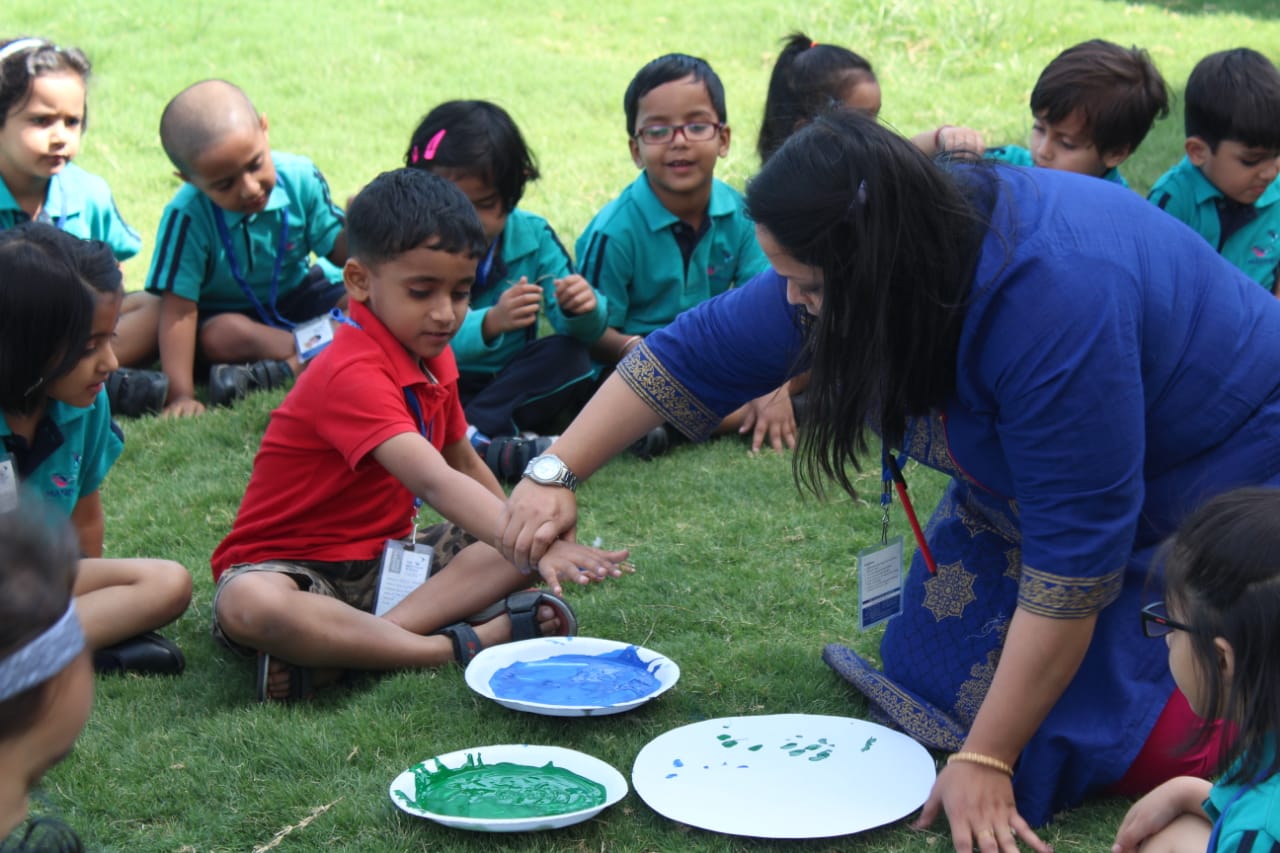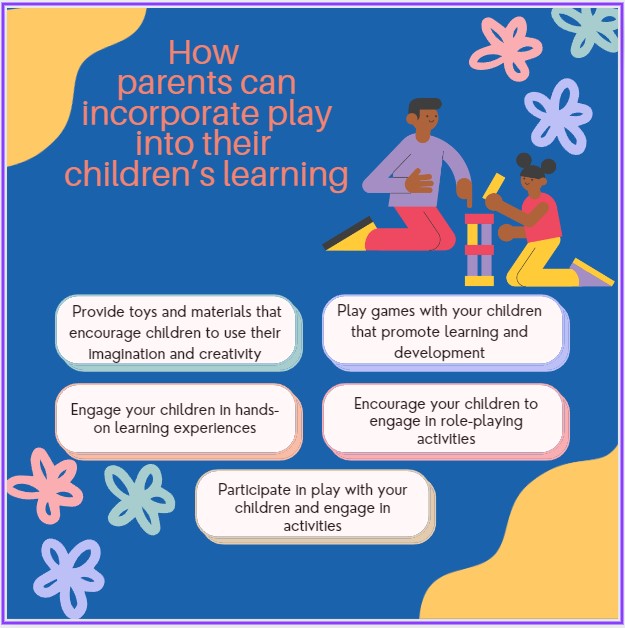Why Play is Crucial for Student Learning and Development
Play is an important part of a student’s early years of development. Playing helps young students’ brains to develop and for their language and communication skills to mature. When a student plays, they learn about themselves and their surroundings. This includes how to coordinate their body movements, talk with friends, apply rules, and more. But the learning process is even broader than this. Play is more than you think; it is a way for a student to familiarize themselves with the world while exploring and testing their limits. At the same time, they are engaged in an activity that provides them enjoyment.
Benefits Of Play In Student’s Learning
Some of the benefits of integrating play-based learning into the curriculum are:
Promotes physical, cognitive, and emotional development: It helps children develop their physical skills such as coordination, balance, and strength. It also stimulates cognitive development by challenging children to think critically, solve problems, and engage in imaginative play. Additionally, it can help children regulate their emotions and develop emotional intelligence.
Enhances creativity, imagination, and problem-solving skills: It allows children to express themselves freely and use their imagination to create new worlds and scenarios. This type of play can help children develop creative thinking and problem-solving skills, which will be valuable throughout their lives.
Improves social skills, teamwork, and communication: Play provides opportunities for children to interact with their peers, build relationships, and develop social skills. Children learn to work together, share, and communicate effectively through play.
Increases focus, motivation, and engagement in learning: It can help children stay focused and motivated in their learning. When children are engaged in play, they are more likely to be attentive and interested in what they are learning.
Decreases stress and improves overall well-being: Play can help children relieve stress and improve their overall well-being. It allows children to take a break from structured learning and engage in activities that are enjoyable and fun.
Provides opportunities for self-expression and exploration: Play gives children the freedom to express themselves and explore their interests and passions. This type of exploration can help children develop a sense of identity and self-awareness.
Develops fine and gross motor skills: Play activities, such as climbing, running, and jumping, help children develop their gross motor skills. Fine motor skills are also developed through play activities such as drawing, building with blocks, and manipulating small toys.
Supports language and literacy development: Play can help children develop their language and literacy skills. Children learn new words and practice speaking and listening through play activities.
Encourages risk-taking and decision-making skills: Play provides opportunities for children to take risks and make decisions. This type of play can help children develop decision-making skills, build confidence, and learn to accept consequences.
Builds resilience and a growth mindset: Play can help children develop resilience and a growth mindset. Children learn to persevere, overcome challenges, and develop a positive attitude toward learning.
In conclusion, play is a crucial aspect of a student’s learning and development. It provides numerous benefits that can positively impact a child’s growth and success in life.
How Parents Can Help
Parents can incorporate play into their children’s learning in the following ways:
Encourage imaginative play: Provide toys and materials that encourage children to use their imagination and creativity. This can include dolls, action figures, building blocks, and dress-up clothes.
Play games: Play games with your children that promote learning and development, such as word games, memory games, and educational board games.
Create hands-on learning experiences: Engage your children in hands-on learning experiences, such as cooking, gardening, and arts and crafts. These activities can help children learn new skills and concepts in a fun and engaging way.
Incorporate play into daily routines: Incorporate play into daily routines, such as playtime before bed, playtime after meals, and playtime during outdoor activities.
Provide opportunities for outdoor play: Encourage your children to play outside and engage in physical activities. Outdoor play can help children develop gross motor skills, improve their physical health, and reduce stress.
Play with educational toys: Provide educational toys that promote learning and development, such as puzzles, building sets, and educational games.
Encourage role-playing: Encourage your children to engage in role-playing activities, such as pretend to play and dramatic play. These activities can help children develop social skills, emotional intelligence, and creativity.
Make learning fun: Make learning fun by incorporating play into educational activities, such as playing educational games, doing hands-on projects, and engaging in interactive storytelling.
Encourage free play: Allow your children to engage in free play, where they can choose their own activities and use their imagination freely.
Participate in play: Participate in play with your children and engage in activities that they enjoy. This can help build a strong bond and create positive memories.
By incorporating play into their children’s learning, parents can help their children develop important skills and have fun at the same time.
The Manthan School is considered among the top 10 schools in Delhi NCR in which play-based learning is carried out from the early years of the student. Play is essential to development because it contributes to the cognitive, physical, social, and emotional well-being of students and youth.
Play is the building block for establishing confidence, coping abilities, flexibility and positive interactions with others. Through play, a student can apply these skills as they grow into a young adult. If you are considering the best nursery admissions in Noida Extension, The Manthan School is an ideal school for your child where there is no limitation to learning.

